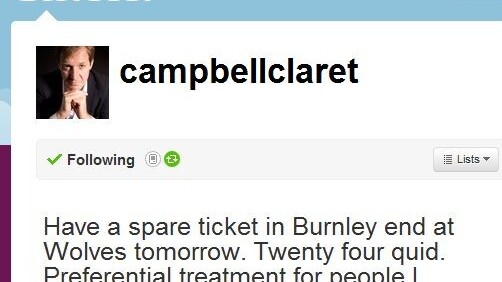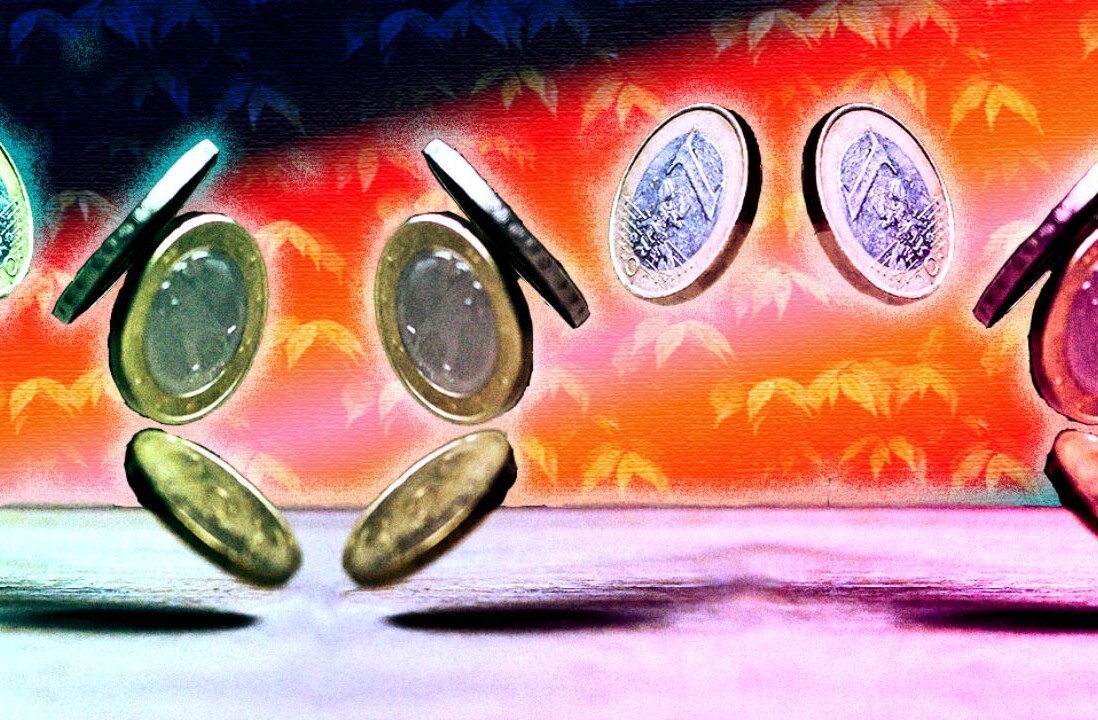
A few weeks ago I joked “Professionalism is for Amateurs” with this tweet:
Although I was joking I was also kind of serious. I really do believe that the passionate amateur is often worth a lot more than the indifferent professional. Some examples to illustrate my point:
- It was the professionals at Yahoo! who told those two amateurs from a little project (it wasn’t even a real start-up yet) called Google that search was pretty much fine as it was. Google continued growing, the amateur way, with servers stacked up in Larry Page’s dorm room.
- Similar professionals at HP and Atari dismissed Steve Jobs’ idea to build a personal computer. They didn’t take those amateurs seriously and they had every reason not to: a computer that sold for $666,66 and was built in the garage of one of the guys’ parents? Seriously?
- Now let’s look at the modern encyclopedia: For years the Encyclopædia Britannica was THE professional market leader. What happened? It got sidelined by an army of amateurs who built the biggest encyclopedia in the world, by far. Some numbers: Wikipedia currently has 3,587,738 articles in total in the English version alone(!). Compare that to the Encyclopædia Britannica with about 85,000 articles and Microsoft’s Encarta with 63,000 articles and you get an idea about how well those amateurs actually managed to do.
My reluctance to work with so called ‘professionals’ goes so far that whenever someone says “Lets do this the professional way” or “But that doesn’t seems professional” I can’t help but instinctively move in the other direction. If it seems professional to me it sounds boring and unoriginal.
Its the awkward people, the creative thinkers and the unconventional innovators that rule the world. Not the people who act ‘professional’ and follow the beaten path.
Re-invent the world; act unprofessionally!
Get the TNW newsletter
Get the most important tech news in your inbox each week.





